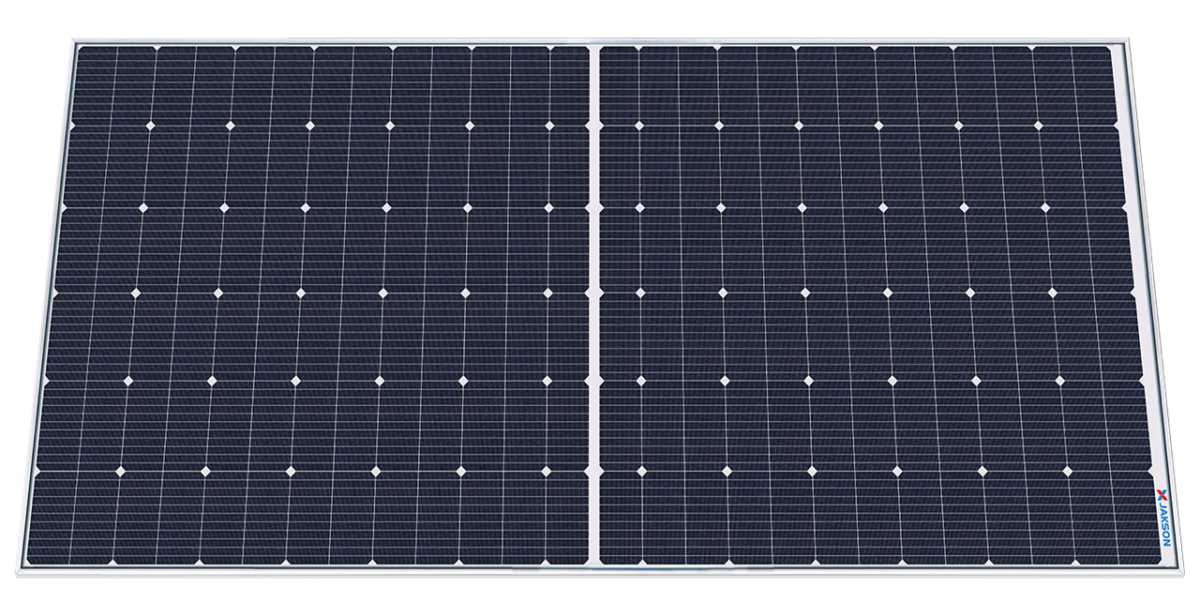From pv magazine India
Adani Solar will start the commercial production of 540 W mono PERC modules in November. It further plans to launch 640 W modules by March 2023.
Currently, the company has a 1.5 GW manufacturing capacity for polycrystalline cells and modules, which it is expanding to 3.5 GW with the addition of another 2 GW capacity equipped to handle high-output modules.
“The 2 GW addition will be operational by November end this year,” Cecil Augustine, head of retail at Adani Solar, told pv magazine. “It will be equipped to produce bifacial and mono PERC modules with a peak output of 540 W.” The company plans to start producing 640 W modules by the end of the next fiscal year.
With the existing 1.5 GW, Adani Solar claims 70% of the overall cell manufacturing capacity in India. The company produces polycrystalline modules with individual output of 340 Wp.
Premier Energies, which currently has 1.25 GW module and 0.75 MW cell capacity, is showcasing 166 mm mono PERC modules with peak output of 445 W, and 182 mm mono PERC modules with 540 Wp output.
“The efficiency of 445 Wp modules ranges from 20.5% to 20.9%, and for 540 Wp modules 20.9-21.5%. The company plans on launching bifacial modules soon,” Amit Magnani, Premier Energies' vice president of business development, told pv magazine.
Jakson is showcasing its Helia series modules with an output of 600 Wp. The modules are developed using M10 half-cut mono PERC cells. Combined with multi-busbar technology and high-density interconnections, these achieve an efficiency of over 21%.
Currently, Jakson has a module capacity of 600 MW per annum, which it is scaling to 1 GW. The facility is equipped to produce Helia series modules in both monofacial and bifacial versions, ranging from 440 Wp to 600 Wp.
Vikas Singh, deputy director for sales and marketing at China’s Jinchen Machinery, told pv magazine that out of 10 GW of its production line ordered by Indian manufacturers, equipment for 3 GW is already installed and production has started. It shall deliver the remaining 7 GW of equipment within six months.
Some EPC installers are also in talks with Jinchen to source its machinery as they plan to make their own modules. Singh expects to freeze one or two orders from EPC players within this month.
This content is protected by copyright and may not be reused. If you want to cooperate with us and would like to reuse some of our content, please contact: editors@pv-magazine.com.




The development in India is encouraging
What is the status of pervoskite solar cells manufacturing in india?